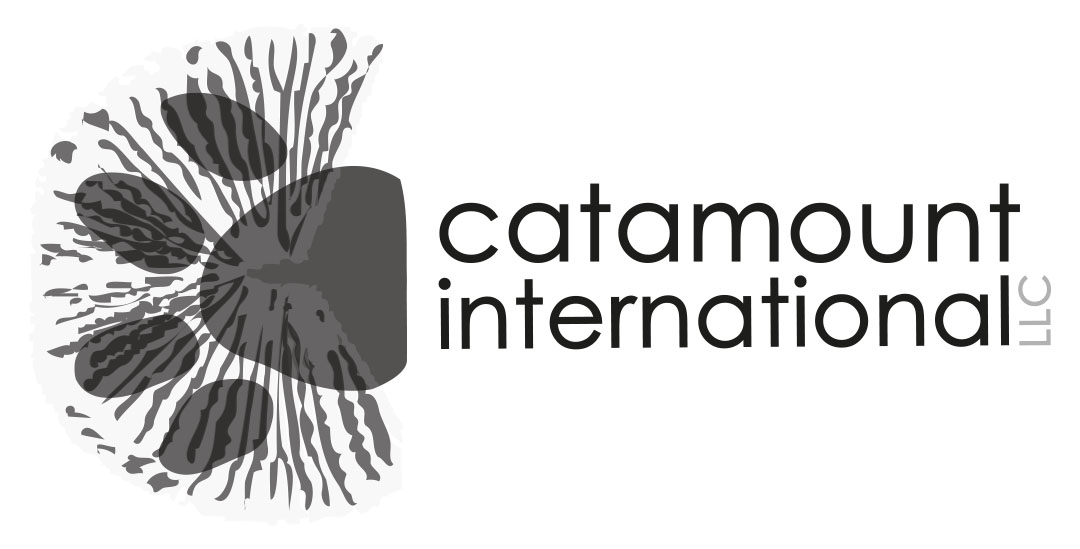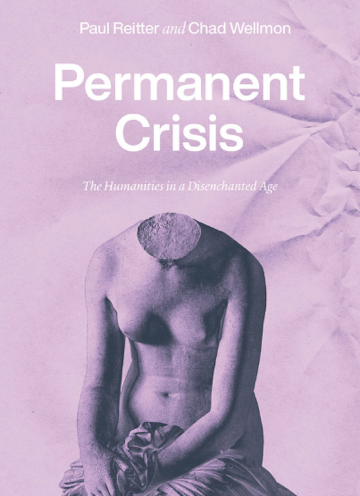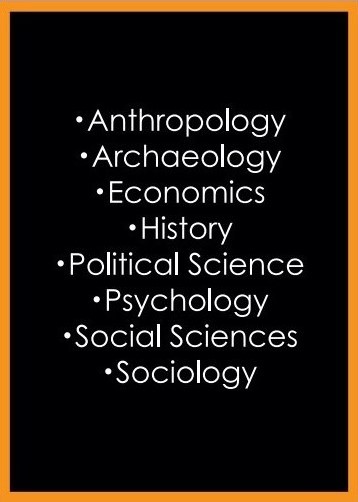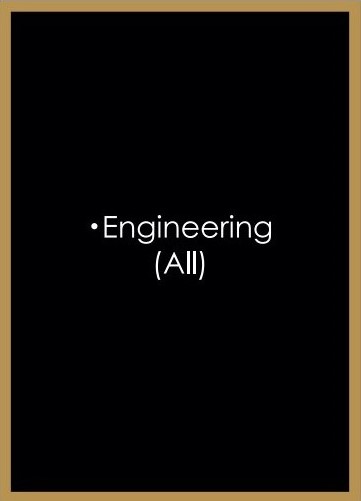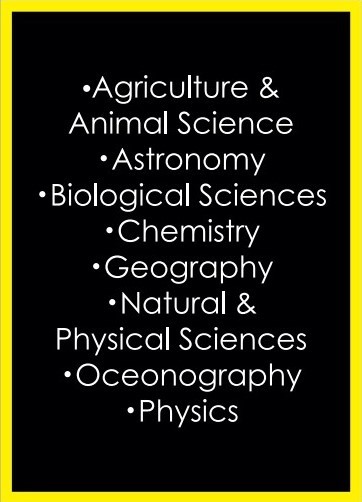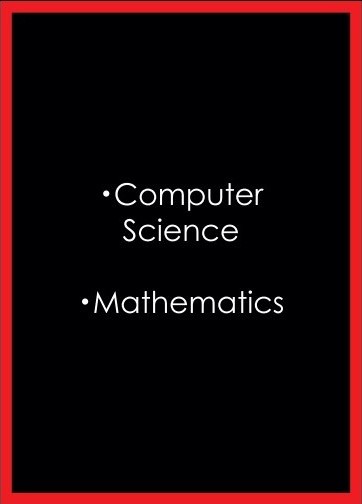Permanent Crisis
Breve Descripción
Las humanidades, consideradas por muchos como irrelevantes para las carreras modernas y desesperadamente desprovistas de fondos, parecen estar en un estado perpetuo de crisis, a merced de las fuerzas tecnológicas y de modernización que están impulsando a las universidades hacia actividades académicas que atraen subvenciones y estudiantes a carreras más lucrativas. Pero como Paul Reitter y Chad Wellmon muestran en este libro, esta crisis no es nueva; de hecho, es tan antigua como las humanidades mismas.
Breve descrição
Consideradas por muitos como irrelevantes para as carreiras modernas e desesperadamente subfinanciadas, as humanidades parecem estar em um estado perpétuo de crise, à mercê de forças tecnológicas e modernizadoras que estão levando as universidades a atividades acadêmicas que atraem bolsas e estudantes para carreiras mais lucrativas. . Mas, como mostram Paul Reitter e Chad Wellmon neste livro, essa crise não é nova; na verdade, é tão antigo quanto as próprias humanidades.
Full description
Leads scholars and anyone who cares about the humanities into more effectively analyzing the fate of the humanities and digging into the very idea of the humanities as a way to find meaning and coherence in the world.
The humanities, considered by many as irrelevant for modern careers and hopelessly devoid of funding, seem to be in a perpetual state of crisis, at the mercy of modernizing and technological forces that are driving universities towards academic pursuits that pull in grant money and direct students to lucrative careers. But as Paul Reitter and Chad Wellmon show, this crisis isn’t new—in fact, it’s as old as the humanities themselves.
Today’s humanities scholars experience and react to basic pressures in ways that are strikingly similar to their nineteenth-century German counterparts. The humanities came into their own as scholars framed their work as a unique resource for resolving crises of meaning and value that threatened other cultural or social goods. The self-understanding of the modern humanities didn’t merely take shape in response to a perceived crisis; it also made crisis a core part of its project. Through this critical, historical perspective, Permanent Crisis can take scholars and anyone who cares about the humanities beyond the usual scolding, exhorting, and hand-wringing into clearer, more effective thinking about the fate of the humanities. Building on ideas from Max Weber and Friedrich Nietzsche to Helen Small and Danielle Allen, Reitter and Wellmon dig into the very idea of the humanities as a way to find meaning and coherence in the world.
Pedagogy & Education
Tambien te podrían interesar estas otras áreas de conocimiento
¿Buscas un título en un área específica?
¡Utiliza nuestro buscador online!
1 - Selecciona tu área de conocimiento
2 - Visualiza y descarga tus resultados



